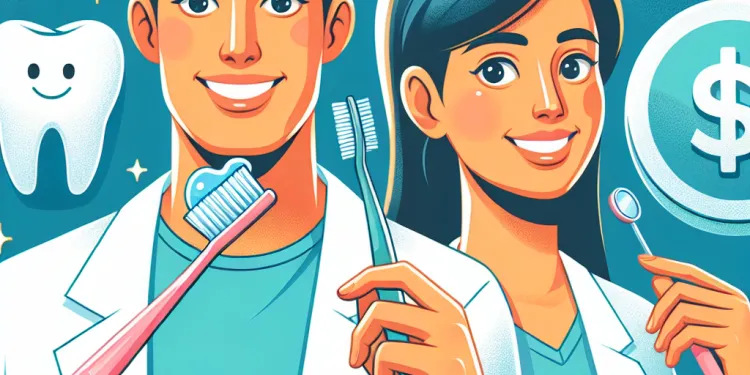
Find Help
More Items From Ergsy search
-
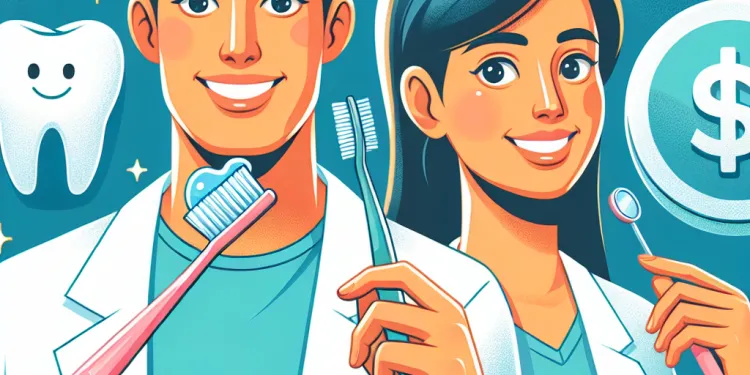
Dental Health: Tips for All Ages
Relevance: 100%
-
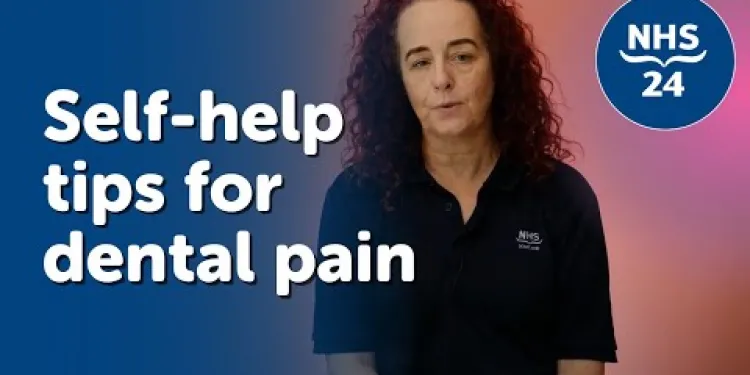
NHS 24 | Self-help tips for dental pain
Relevance: 64%
-
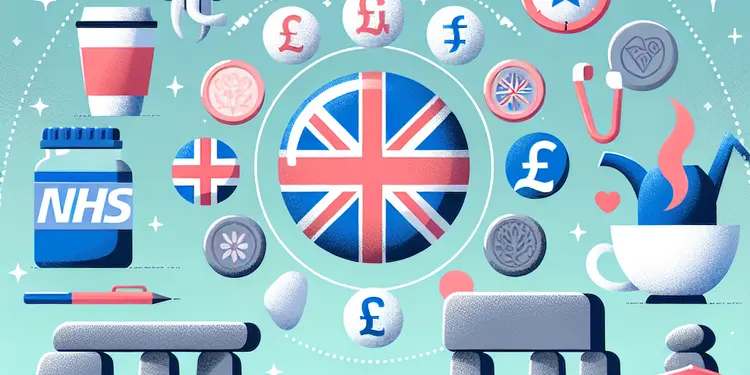
Is health linked to aging?
Relevance: 47%
-
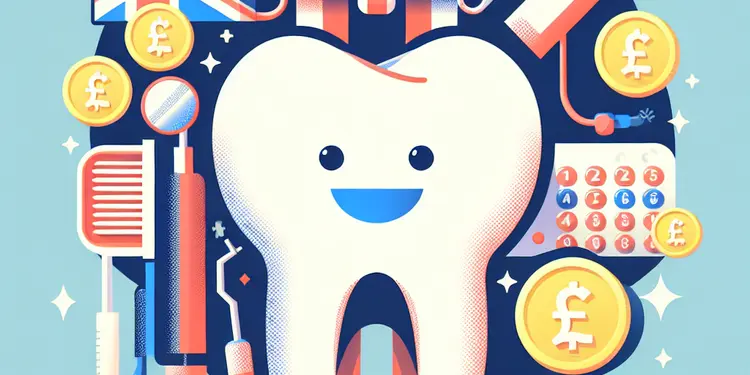
Can children get free NHS dental care?
Relevance: 44%
-
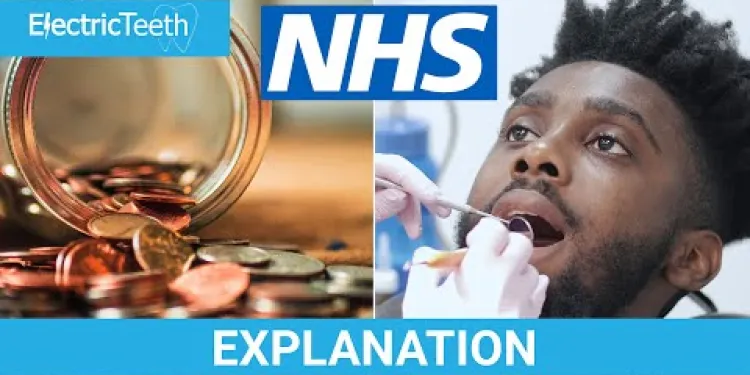
NHS Dental Charges Explained
Relevance: 44%
-
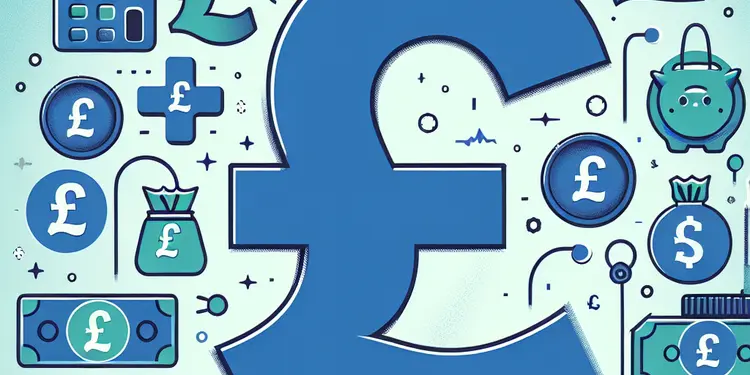
Are NHS dental charges different across the UK?
Relevance: 44%
-
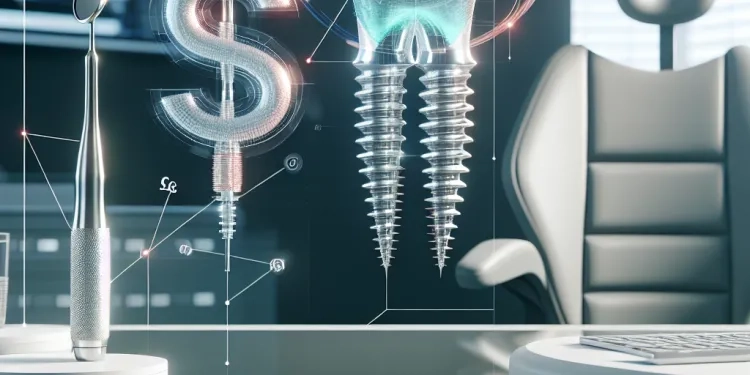
Can I get dental implants on the NHS?
Relevance: 43%
-
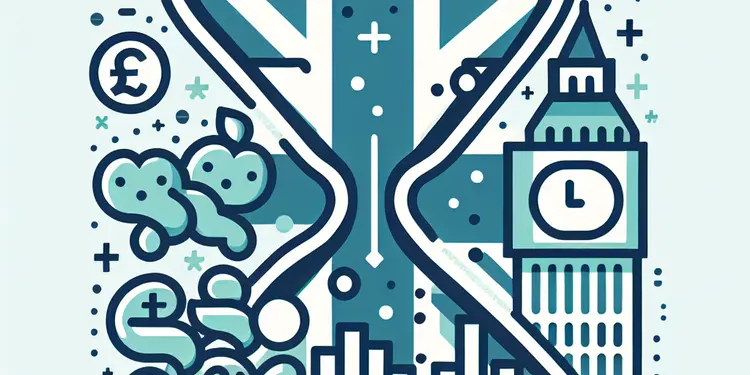
Is gut health linked to the aging process?
Relevance: 42%
-

Are all dental appointments free on the NHS?
Relevance: 42%
-
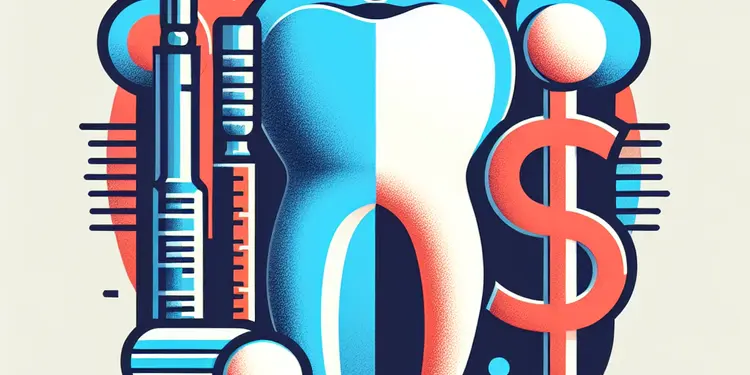
What is the role of dental sealants in preventing tooth decay?
Relevance: 42%
-
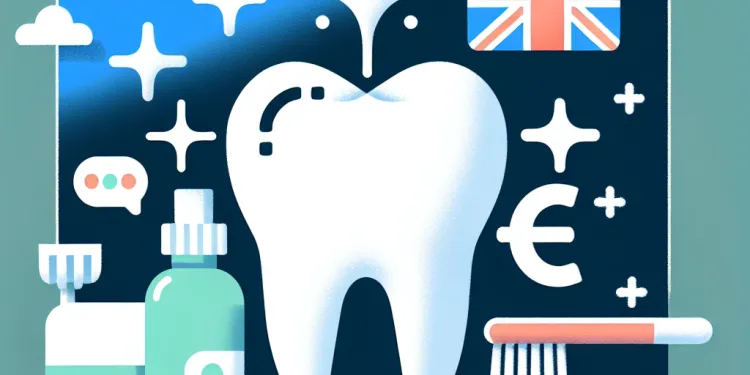
How do I know if I'm eligible for free NHS dental care?
Relevance: 42%
-
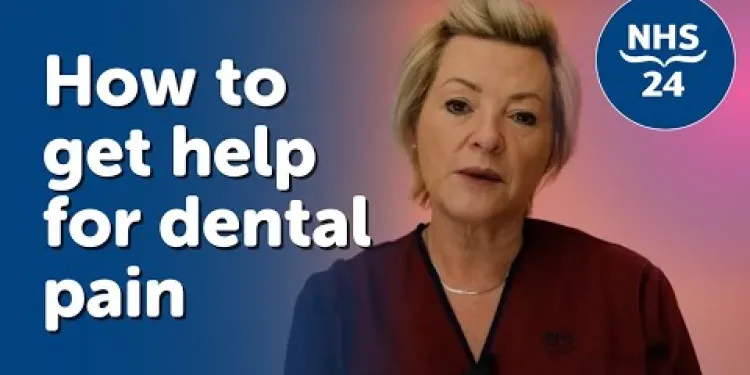
NHS 24 | How to get help for dental pain
Relevance: 41%
-

Are there any extra charges for NHS dental treatments?
Relevance: 41%
-
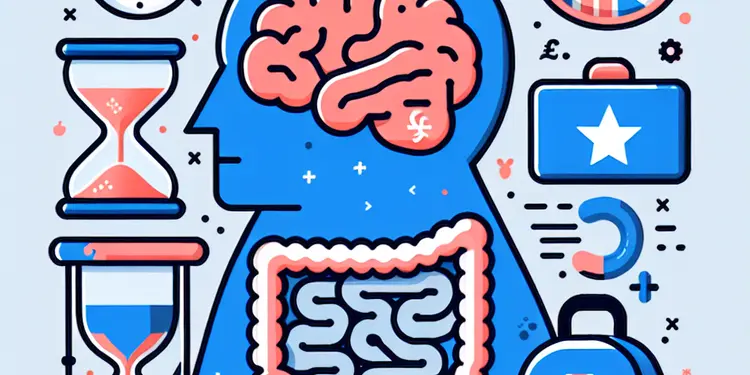
Can gut health affect mental health as one ages?
Relevance: 41%
-
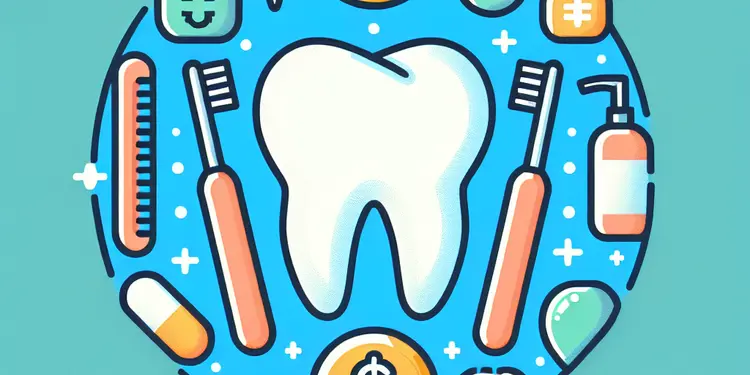
What if I need urgent dental care?
Relevance: 40%
-

How often should I have a dental check-up on the NHS?
Relevance: 40%
-
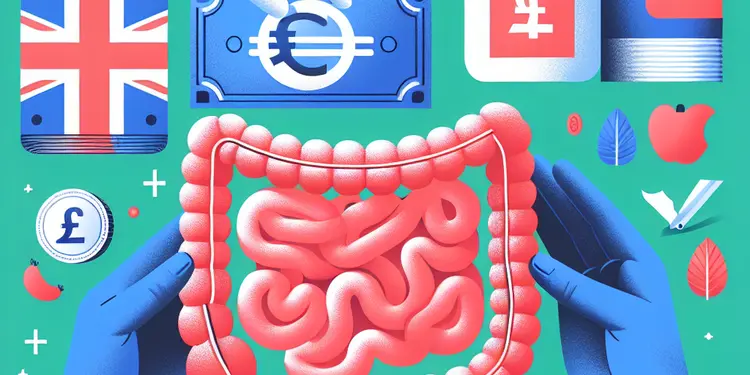
How is gut health connected to the aging process?
Relevance: 40%
-
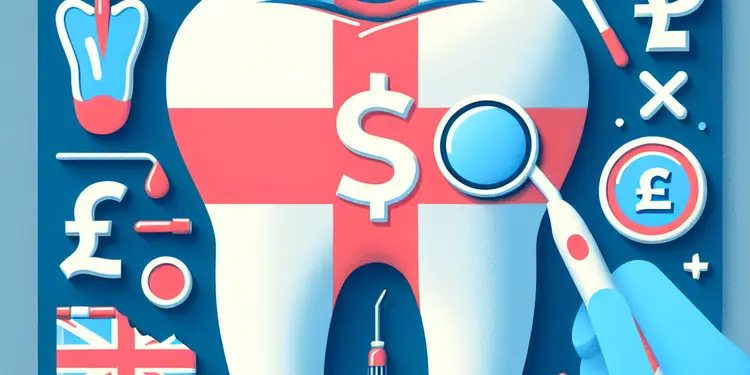
What if I'm not satisfied with my NHS dental treatment?
Relevance: 40%
-
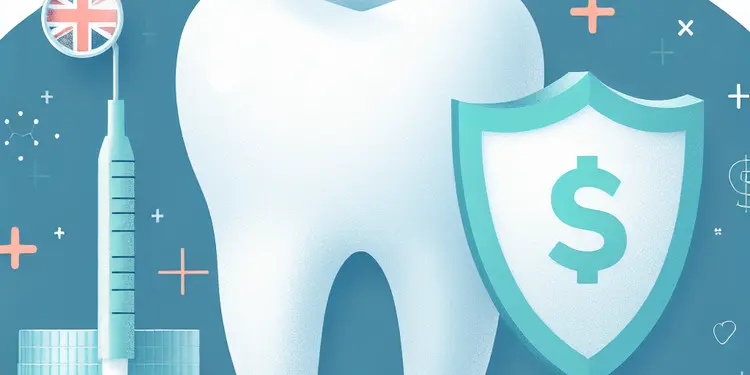
What treatments are covered by the NHS dental services?
Relevance: 39%
-

What treatments are covered by the NHS dental service?
Relevance: 39%
-
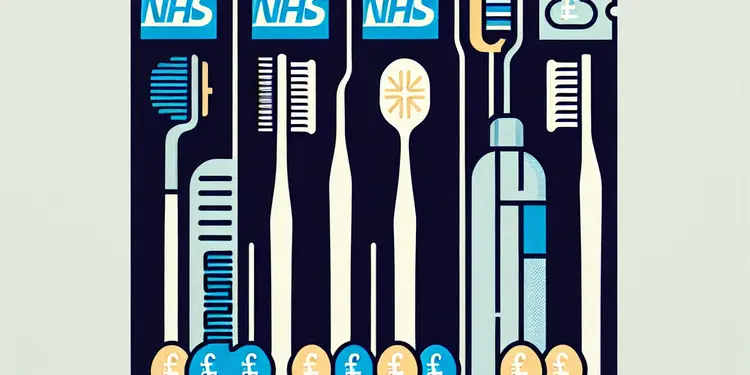
Are there waiting lists for NHS dental treatment?
Relevance: 39%
-
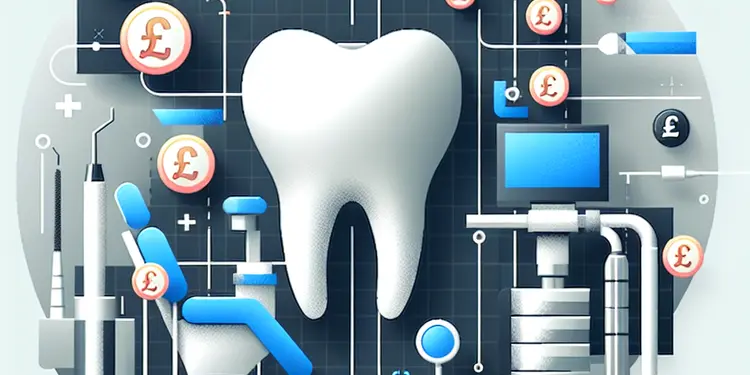
Can I get cosmetic dental treatment on the NHS?
Relevance: 39%
-
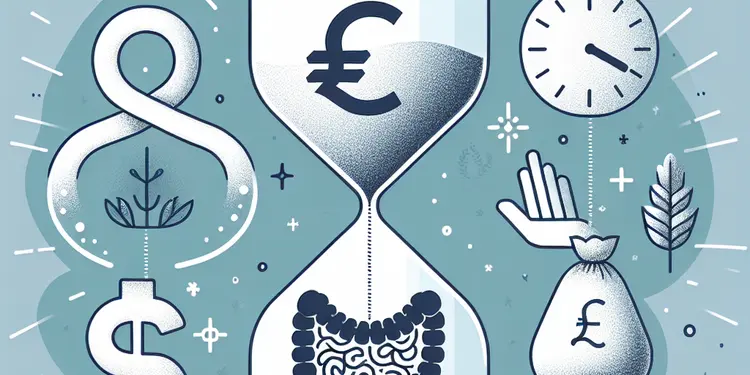
Does stress impact gut health as we age?
Relevance: 39%
-

Why is fiber important for gut health and aging?
Relevance: 39%
-
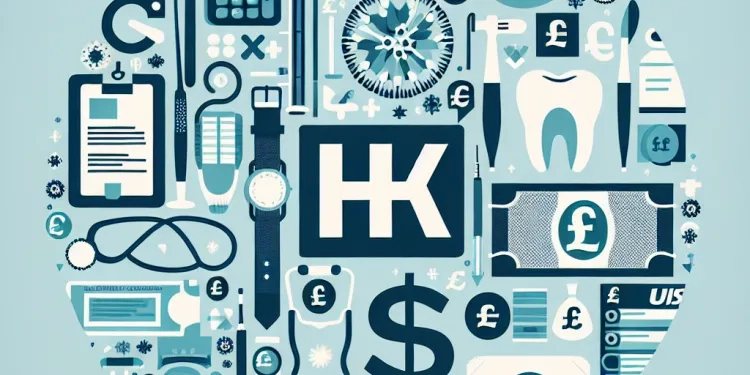
What should I bring to my NHS dental appointment?
Relevance: 39%
-
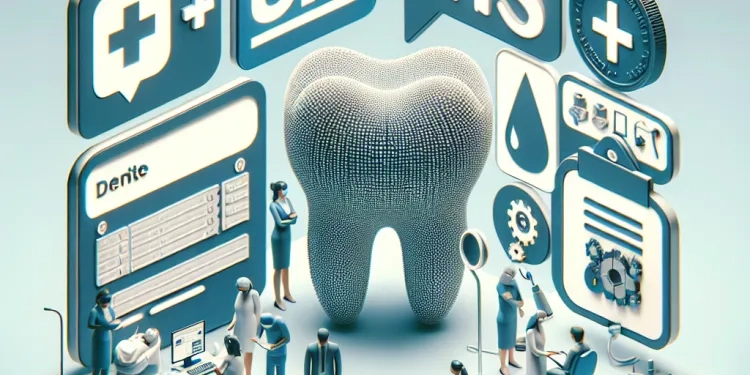
What happens if I miss my NHS dental appointment?
Relevance: 38%
-
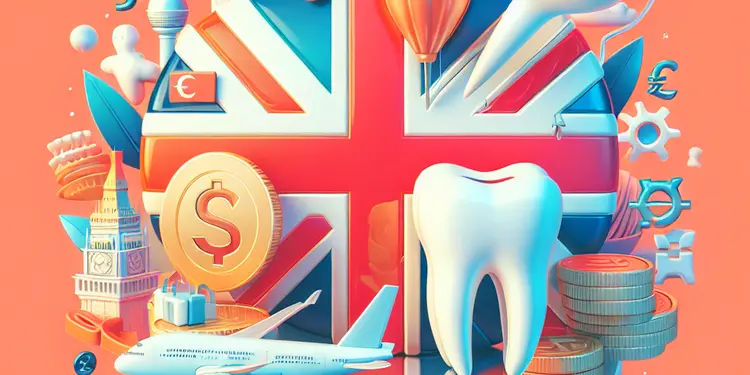
Is it safe to get dental work done in Turkey?
Relevance: 38%
-
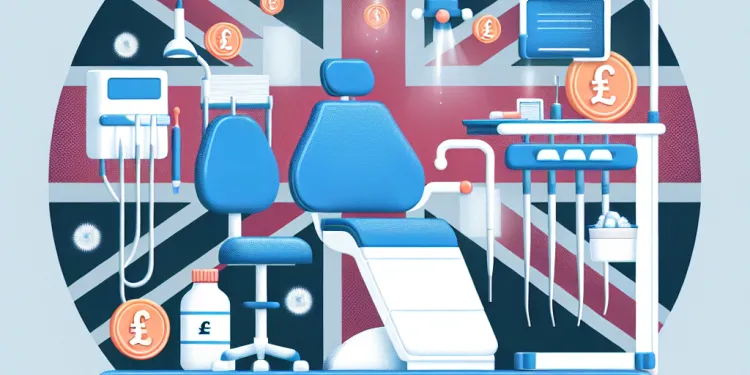
Will Brexit affect my access to NHS dental treatments?
Relevance: 38%
-

Can I get an emergency NHS dental appointment?
Relevance: 37%
-
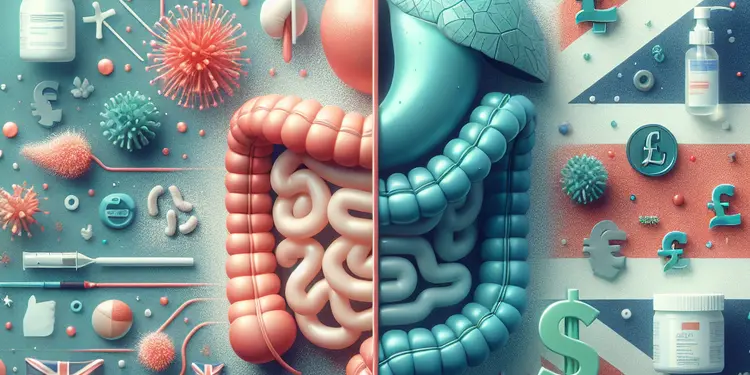
How does inflammation affect aging and gut health?
Relevance: 37%
-
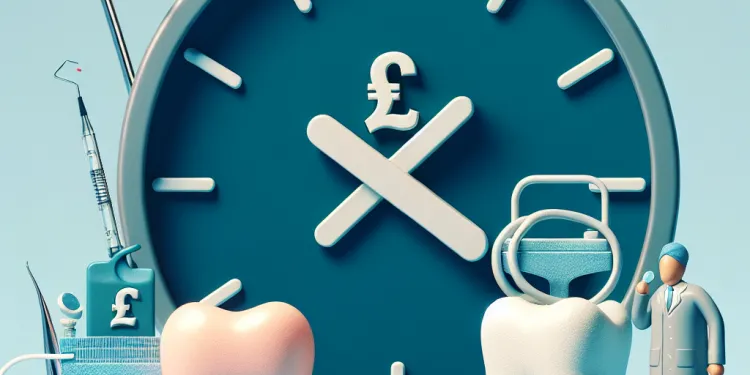
How long will I have to wait for an NHS dental appointment?
Relevance: 37%
-
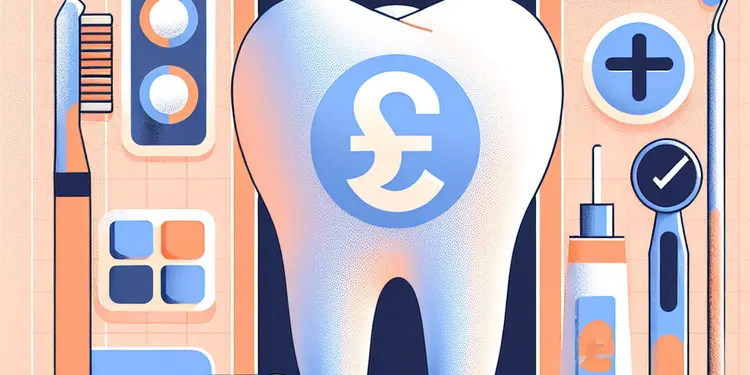
How much will I have to pay for NHS dental treatment?
Relevance: 37%
-
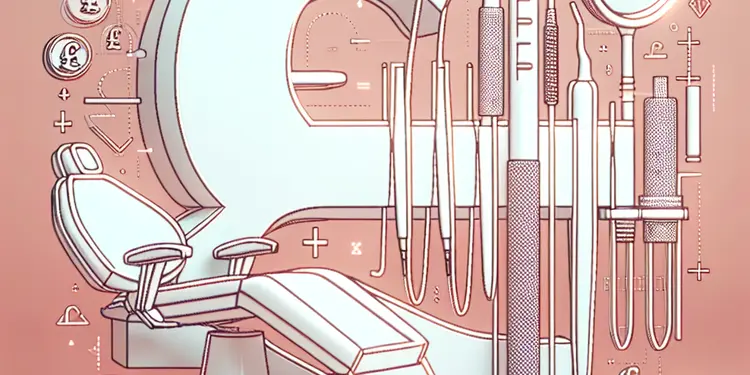
Can I use private dental services if I'm on the NHS list?
Relevance: 37%
-
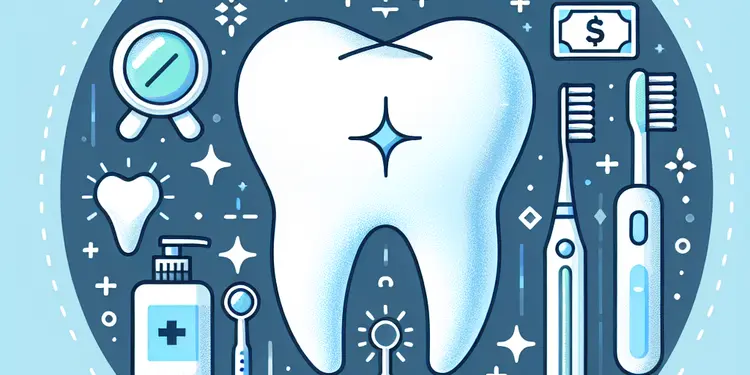
How do I choose the right dental clinic in Turkey?
Relevance: 37%
-
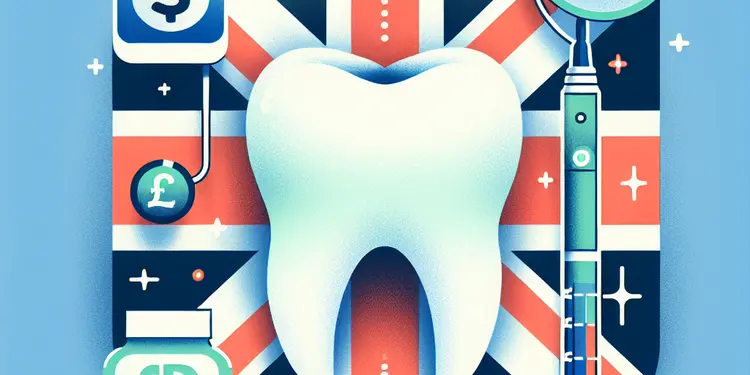
What languages do NHS dental clinics typically support?
Relevance: 37%
-

What role do prebiotics play in gut health and aging?
Relevance: 36%
-
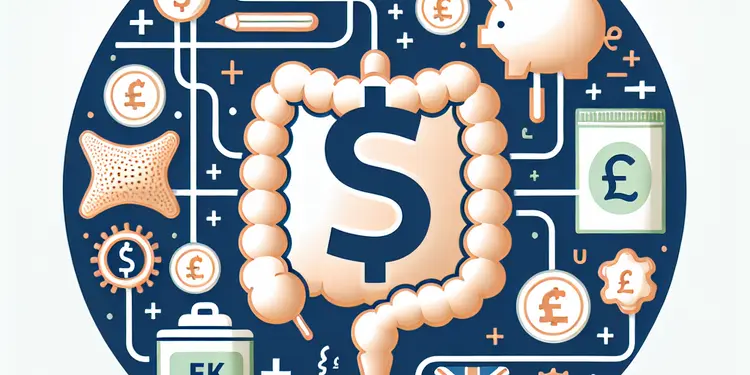
What are synbiotics, and how do they benefit aging gut health?
Relevance: 36%
-

Is sedation available during NHS dental treatments?
Relevance: 36%
-
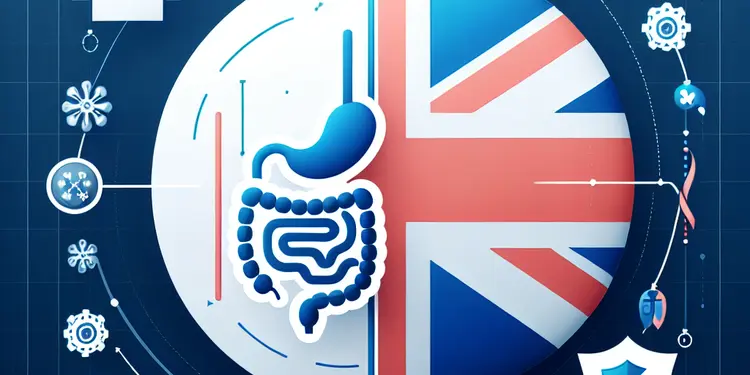
Can gut health influence the immune system in aging individuals?
Relevance: 36%
-
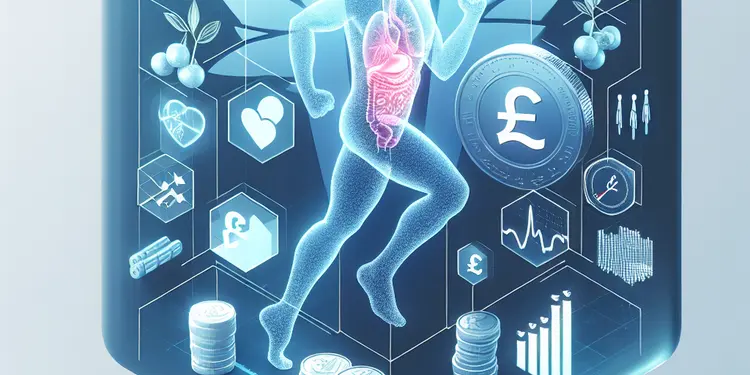
Can exercise improve gut health and support the aging process?
Relevance: 36%
Dental Health: Tips for All Ages
Introduction to Dental Health
Maintaining good dental health is crucial for everyone, regardless of age. Proper oral hygiene can prevent various issues such as cavities, gum disease, and bad breath. In the United Kingdom, statistics show that a significant number of people are affected by dental problems, often due to neglecting basic dental care. This guide provides essential tips for maintaining dental health at all stages of life.
Dental Tips for Children
Establishing good dental habits early on is vital. Parents should start cleaning their children's gums with a soft cloth before teeth appear. Once teeth erupt, use a small, soft-bristled toothbrush and fluoride toothpaste. Supervise brushing until the child is capable of doing it correctly on their own. Encourage a healthy diet that limits sugary snacks and drinks, as these can contribute to tooth decay.
Dental Tips for Teenagers
Teenagers often face unique dental challenges such as braces and wisdom teeth. It's important for teens to brush their teeth at least twice a day and floss regularly. For those with braces, using special orthodontic toothbrushes or floss threaders can help keep teeth and gums clean. Regular dental check-ups are essential to monitor the progress of orthodontic treatments and address any emerging issues.
Dental Tips for Adults
Adults should focus on maintaining the habits developed in their younger years. Brushing twice a day with a fluoride toothpaste, flossing daily, and using mouthwash can help prevent gum disease and tooth decay. Lifestyle choices, such as quitting smoking and limiting alcohol consumption, are also beneficial. Regular dental check-ups, ideally every six months, can help catch and treat problems early.
Dental Tips for the Elderly
For the elderly, dental care may become more challenging due to mobility issues, medications, and general health decline. It’s important to maintain a routine of brushing and flossing, potentially using tools like electric toothbrushes for ease of use. Denture wearers should clean their dentures daily and ensure they fit properly. Regular dental visits remain crucial for monitoring oral health and addressing issues such as dry mouth or gum disease.
General Dental Health Tips
Across all ages, maintaining a healthy diet, staying hydrated, and avoiding tobacco are essential for good dental health. Using products with fluoride, such as toothpaste and mouthwash, can strengthen tooth enamel. Additionally, being aware of the impact of certain medications on oral health and seeking advice from dental professionals can go a long way in maintaining a healthy smile.
Dental Health: Tips for All Ages
Introduction to Dental Health
Taking care of your teeth is important for everyone. It helps stop problems like holes in your teeth, sore gums, and bad breath. In the UK, lots of people have tooth problems because they don't take care of their teeth properly. This guide gives you some simple tips to keep your teeth healthy, no matter how old you are.
Dental Tips for Children
It's good to start taking care of teeth when children are small. Parents can clean their baby's gums with a soft cloth before the first teeth come through. When the teeth start to show, use a small, soft toothbrush and a little bit of special toothpaste. Help kids brush their teeth until they can do it by themselves. A healthy diet with less sugary snacks and drinks will help keep their teeth strong.
Dental Tips for Teenagers
Teenagers have their own tooth challenges, like braces and new teeth coming in. They should brush their teeth at least twice a day and use floss often. Teens with braces can use special brushes or floss threaders to keep clean. Regular trips to the dentist help check on braces and other changes in their mouths.
Dental Tips for Adults
Adults need to keep up good habits. This means brushing twice a day with toothpaste, flossing daily, and using mouthwash. Avoid smoking and too much alcohol to help your teeth stay healthy. Visit the dentist every six months to find and fix any problems early.
Dental Tips for the Elderly
Older people might find it harder to take care of their teeth. They can use electric toothbrushes to make brushing easier and should keep up the habit of brushing and flossing. If they wear dentures, these should be cleaned every day. Going to the dentist helps check on things like dry mouth or sore gums.
General Dental Health Tips
For everyone, eating healthy foods, drinking water, and not using tobacco is key for healthy teeth. Use toothpaste and mouthwash with fluoride to make teeth strong. It's also good to know how medicine can affect your teeth and talk to the dentist for help to keep a happy smile.
Frequently Asked Questions
How often should I brush my teeth?
You should brush your teeth at least twice a day, once in the morning and once before bed.
What type of toothbrush should I use?
It's recommended to use a toothbrush with soft bristles and to replace it every three months.
How often should I visit the dentist?
You should visit the dentist for a check-up and cleaning every six months.
What causes tooth decay?
Tooth decay is caused by plaque, which is a sticky film of bacteria that forms on your teeth.
Is fluoride toothpaste important?
Yes, fluoride helps strengthen teeth and prevent tooth decay.
Can diet affect my dental health?
Absolutely, consuming too much sugar and acidic foods can contribute to tooth decay and erosion.
How can I prevent gum disease?
Brushing and flossing daily, along with regular dental check-ups, can help prevent gum disease.
Is mouthwash necessary for dental health?
While not essential, using a mouthwash can help reduce plaque and maintain fresh breath.
Why might my teeth be sensitive?
Tooth sensitivity can be caused by worn enamel, exposed roots, cavities, or gum disease.
What are the benefits of flossing?
Flossing removes plaque and food particles from between teeth and under the gum line, helping to prevent cavities and gum disease.
Can I whiten my teeth at home?
Yes, there are over-the-counter products available, but professional treatments from a dentist are usually more effective and safer.
What should I do if I have a toothache?
If you have a toothache, rinse your mouth with warm water, use floss to remove any trapped food, and see a dentist as soon as possible.
Are dental X-rays safe?
Yes, dental X-rays are safe and they help dentists find issues that are not visible to the naked eye.
What can I do about bad breath?
Good oral hygiene, including brushing, flossing, and tongue cleaning, as well as staying hydrated, can help prevent bad breath. If it persists, see your dentist.
Are electric toothbrushes better than manual ones?
Electric toothbrushes can be more effective at removing plaque and may be easier to use for people with limited mobility. However, a manual toothbrush can be just as effective if used correctly.
How many times should I brush my teeth?
It is good to brush your teeth two times every day. You can brush once in the morning and once before bed. This helps keep your teeth clean and healthy.
Here are some tips to help with brushing:
- Use a toothbrush with soft bristles.
- Brush for two minutes each time.
- Use a small amount of toothpaste.
- Ask a grown-up to help if you need it.
Brush your teeth two times every day. Do it once in the morning and once before bed.
What kind of toothbrush is best for me?
It is important to choose a toothbrush that helps keep your teeth clean. Here are some tips:
- Pick a toothbrush with soft bristles. Soft bristles are gentle on your gums.
- A small toothbrush head can reach all parts of your mouth.
- Some people find electric toothbrushes easier to use.
If you are unsure, ask your dentist or an adult you trust for help.
Use a toothbrush with soft bristles. Get a new toothbrush every three months.
How often should I visit the dentist?
You should go to the dentist every 6 months. This means you go 2 times a year.
The dentist helps keep your teeth clean and healthy.
If you have tooth pain or problems, visit the dentist sooner.
Ask a family member or friend to remind you about your dentist visits.
You can use a calendar to mark your next appointment.
You should go to the dentist for a check-up and cleaning two times a year.
What makes teeth go bad?
Teeth can go bad when germs in your mouth mix with food. This can make a sticky film called plaque. Plaque can hurt your teeth over time.
To help stop teeth from going bad, brush your teeth two times each day. Use toothpaste with fluoride. Also, try not to eat too much sugar.
It can help to see the dentist for check-ups. They can help keep your teeth healthy and fix any problems.
Tooth decay happens because of plaque. Plaque is a sticky layer of germs that sticks to your teeth.
Is fluoride toothpaste important?
Do you need to use toothpaste with fluoride? Yes, fluoride toothpaste is good for your teeth. It helps keep them strong and healthy.
Here is how fluoride helps:
- Makes your teeth strong.
- Keeps away cavities (holes in teeth).
If you need help brushing your teeth, try these tips:
- Use a toothbrush with soft bristles.
- Ask someone to show you how to brush.
- Use a timer to make sure you brush long enough.
Remember: Brush your teeth two times every day!
Yes, fluoride makes teeth stronger and stops them from getting holes.
Can what I eat change how healthy my teeth are?
Yes, eating too much sugar and acidic foods can cause your teeth to decay and wear away.
How can I stop gum disease?
Brush your teeth every day. Use floss every day too. Visit the dentist often. This can stop gum disease from starting.
Do you need mouthwash to keep your teeth healthy?
Using mouthwash is not something you have to do, but it can help keep your mouth clean and your breath smelling nice.
Why Do My Teeth Hurt?
Your teeth might hurt when you eat or drink something hot or cold. This is called sensitivity. It can happen because:
- Your gums are not covering your teeth properly.
- You have a hole in your tooth (a cavity).
- Your teeth are worn down from brushing too hard.
- You sometimes grind your teeth.
If your teeth hurt, talk to a dentist. They can help you feel better!
You can also use a soft toothbrush and toothpaste made for sensitive teeth. Remember to brush gently.
Your teeth might hurt because:
- The hard part of your teeth, called enamel, is worn out.
- The roots of your teeth are showing.
- You have holes in your teeth called cavities.
- Your gums are not healthy.
For help understanding, you can use tools like a dictionary or ask someone to explain it to you.
Why is flossing good for you?
Flossing helps keep your mouth healthy. It takes away bits of food and sticky stuff called plaque. This helps stop tooth holes and sore gums.
Can I make my teeth white at home?
Yes, you can try to make your teeth white at home. Here are some simple ways:
- Use whitening toothpaste. It helps clean your teeth.
- Try strips or gels that make teeth white. Follow the instructions on the package.
- Eat crunchy fruits and vegetables. They help keep teeth clean.
- Use a straw when drinking dark drinks like cola or juice. It keeps them from touching your teeth.
If you have any questions, you can ask a dentist for help.
Yes, you can buy some products at the store, but it is better and safer to ask a dentist for help.
What can I do if my tooth hurts?
If your tooth hurts, try this:
First, rinse your mouth with warm water.
Next, use floss to take out any food stuck between your teeth.
Then, go to the dentist as soon as you can. They will help you.
Are dental X-rays safe?
When you go to the dentist, they might take pictures of your teeth. These pictures are called X-rays. X-rays help the dentist see the inside of your teeth.
Some people worry if X-rays are safe. Dentists use special X-rays that are very safe. They give you a very small amount of radiation. Radiation sounds scary, but this amount is tiny and does not harm you.
The dentist also gives you a heavy apron to wear during the X-ray. This apron helps protect your body.
If you are still worried, you can ask the dentist questions and they can explain more.
Tools like headphones can help people feel calm during the X-ray. You can also bring a favorite toy or book to hold.
Yes, dental X-rays are safe. They help dentists see problems that you can't see with your eyes.
How can I fix smelly breath?
To keep your mouth healthy and your breath fresh, you should do these things:
- Brush your teeth every day.
- Use floss to clean between your teeth.
- Clean your tongue.
- Drink lots of water.
If your breath still smells bad, talk to your dentist for help.
Which is better: electric toothbrushes or regular ones?
Do you want to know if electric toothbrushes work better than regular ones? Let's find out!
Electric Toothbrushes:
- They have a motor that makes the brush move by itself.
- Some people find them easy to use because they do most of the work.
Regular Toothbrushes:
- You move them by hand to brush your teeth.
- They don't need batteries or charging.
If you want help to choose, you could:
- Ask a dentist about what's best for your teeth.
- Try both types and see which one you like better.
Remember, brushing your teeth well is the most important thing!
Electric toothbrushes do a good job of cleaning your teeth. They can be easier to use if you have trouble moving your hands. But, a regular toothbrush can work just as well if you use it the right way.
Useful Links
This website offers general information and is not a substitute for professional advice.
Always seek guidance from qualified professionals.
If you have any medical concerns or need urgent help, contact a healthcare professional or emergency services immediately.
Some of this content was generated with AI assistance. We’ve done our best to keep it accurate, helpful, and human-friendly.
- Ergsy carfully checks the information in the videos we provide here.
- Videos shown by Youtube after a video has completed, have NOT been reviewed by ERGSY.
- To view, click the arrow in centre of video.
- Most of the videos you find here will have subtitles and/or closed captions available.
- You may need to turn these on, and choose your preferred language.
- Go to the video you'd like to watch.
- If closed captions (CC) are available, settings will be visible on the bottom right of the video player.
- To turn on Captions, click settings .
- To turn off Captions, click settings again.
More Items From Ergsy search
-

Dental Health: Tips for All Ages
Relevance: 100%
-

NHS 24 | Self-help tips for dental pain
Relevance: 64%
-

Is health linked to aging?
Relevance: 47%
-

Can children get free NHS dental care?
Relevance: 44%
-

NHS Dental Charges Explained
Relevance: 44%
-

Are NHS dental charges different across the UK?
Relevance: 44%
-

Can I get dental implants on the NHS?
Relevance: 43%
-

Is gut health linked to the aging process?
Relevance: 42%
-

Are all dental appointments free on the NHS?
Relevance: 42%
-

What is the role of dental sealants in preventing tooth decay?
Relevance: 42%
-

How do I know if I'm eligible for free NHS dental care?
Relevance: 42%
-

NHS 24 | How to get help for dental pain
Relevance: 41%
-

Are there any extra charges for NHS dental treatments?
Relevance: 41%
-

Can gut health affect mental health as one ages?
Relevance: 41%
-

What if I need urgent dental care?
Relevance: 40%
-

How often should I have a dental check-up on the NHS?
Relevance: 40%
-

How is gut health connected to the aging process?
Relevance: 40%
-

What if I'm not satisfied with my NHS dental treatment?
Relevance: 40%
-

What treatments are covered by the NHS dental services?
Relevance: 39%
-

What treatments are covered by the NHS dental service?
Relevance: 39%
-

Are there waiting lists for NHS dental treatment?
Relevance: 39%
-

Can I get cosmetic dental treatment on the NHS?
Relevance: 39%
-

Does stress impact gut health as we age?
Relevance: 39%
-

Why is fiber important for gut health and aging?
Relevance: 39%
-

What should I bring to my NHS dental appointment?
Relevance: 39%
-

What happens if I miss my NHS dental appointment?
Relevance: 38%
-

Is it safe to get dental work done in Turkey?
Relevance: 38%
-

Will Brexit affect my access to NHS dental treatments?
Relevance: 38%
-

Can I get an emergency NHS dental appointment?
Relevance: 37%
-

How does inflammation affect aging and gut health?
Relevance: 37%
-

How long will I have to wait for an NHS dental appointment?
Relevance: 37%
-

How much will I have to pay for NHS dental treatment?
Relevance: 37%
-

Can I use private dental services if I'm on the NHS list?
Relevance: 37%
-

How do I choose the right dental clinic in Turkey?
Relevance: 37%
-

What languages do NHS dental clinics typically support?
Relevance: 37%
-

What role do prebiotics play in gut health and aging?
Relevance: 36%
-

What are synbiotics, and how do they benefit aging gut health?
Relevance: 36%
-

Is sedation available during NHS dental treatments?
Relevance: 36%
-

Can gut health influence the immune system in aging individuals?
Relevance: 36%
-

Can exercise improve gut health and support the aging process?
Relevance: 36%


